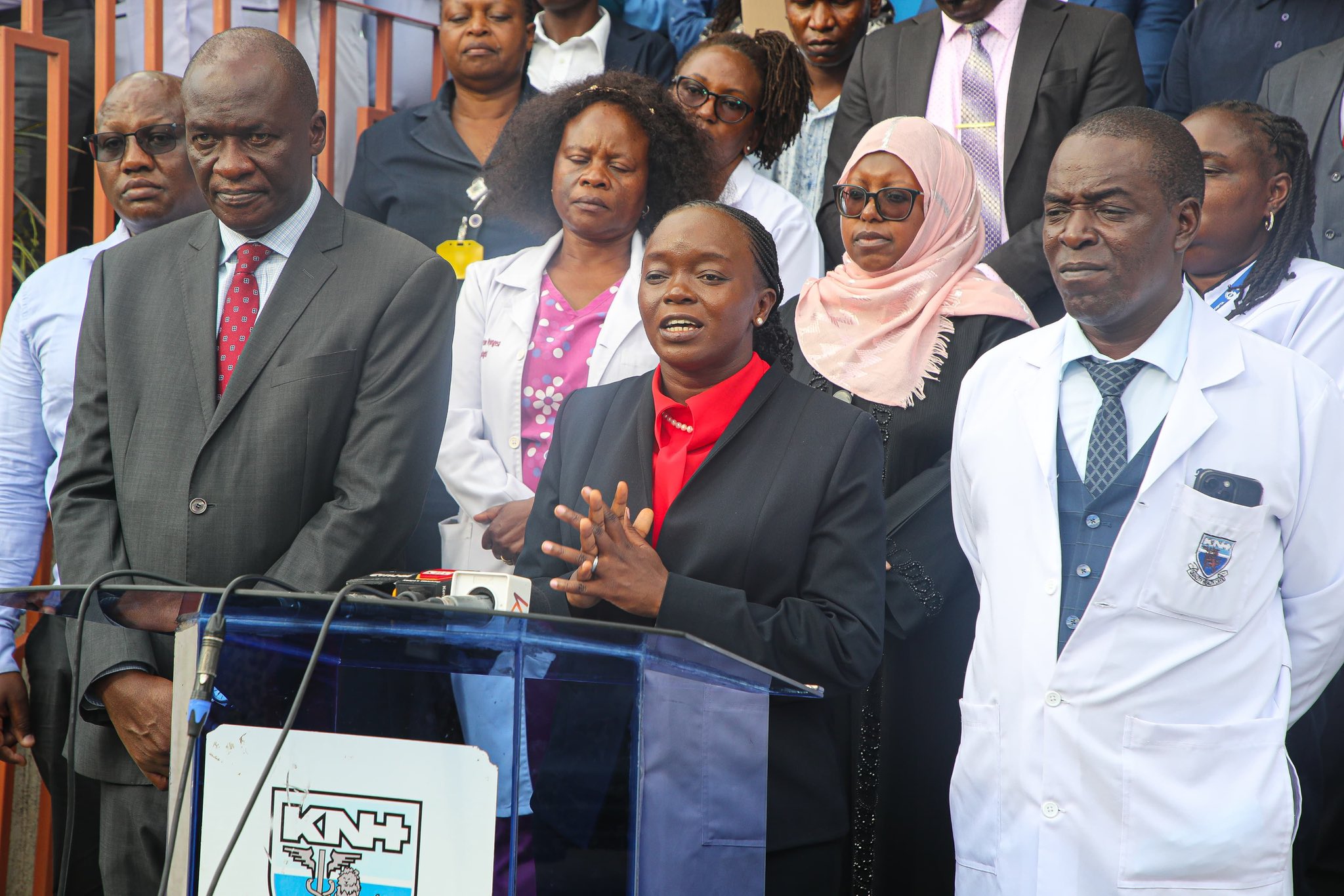46% of health facilities have yet to join SHA e-contracting platform - report

1,863 out of 3,993 health facilities that were contacted had not signed their e-contracts, raising concerns over compliance.
A new report has revealed that nearly 46 per cent of health facilities in Kenya have yet to fully transition to the Social Health Authority's (SHA) e-contracting platform, a system introduced to improve transparency and streamline operations in the health sector.
The report, titled Status of E-Contracting, highlights that as of January 6, 2025, 1,863 out of 3,993 health facilities that were contacted had not signed their e-contracts, raising concerns over compliance.
More To Read
- Five charged with defrauding Social Health Authority of Sh17.5 million
- Ex-SHA bosses among nine arrested as DCI cracks down on Sh17 million health fund scandal
- Duale explains shift from Linda Mama to maternal package under SHA
- Senate flags staff welfare, service gaps in Lower Eastern hospitals
- MPs grill SHA over Sh91m legal costs, disputed Karen land and stalled NHIF projects
- SHA failing patients with cancer and chronic illnesses, parliamentary report reveals
The e-contracting platform was introduced to automate and standardise the contracting process across health facilities, requiring them to register with the Kenya Medical Practitioners and Dentists Council (KMPDC) using their license number as a unique identifier.
According to SHA, as of January 21, 12,190 health facilities had been licensed by the KMPDC, yet the adoption of the platform has faced hurdles, especially in county government and private health providers.
The report shows that while 2,130 facilities have successfully completed the registration process, significant gaps remain. County government-run facilities are the most affected, with only 536 out of 1,366 facilities fully adopting the e-contracting system.
This leaves 830 county facilities still in the process of registration. Among private health providers, the situation is similarly concerning, with 872 out of 2,244 private homes yet to complete the e-contracting process.
Brian Lishenga, chairperson of the Rural-Urban and Private Hospitals Association (RUPHA), cited various challenges contributing to the delays in private sector adoption.
He explained that many private facilities are facing issues, such as incorrect Master Facility Listing (MFL) codes and problems with KMPDC categorisation.
These problems, he added, are affecting cash flow and causing delays in payments to health facilities.
The report also highlights the financial impact of these delays. According to findings by RUPHA, 52 per cent of facilities reported receiving payments that covered less than 20 per cent of their total submitted claims.
In contrast, only six per cent of facilities received reimbursements for more than 80 per cent of their claims. Primary care facilities, in particular, have been receiving smaller payments, often less than Sh50,000, which has compounded financial difficulties for many of them.
The SHA report indicates that while the e-contracting platform has the potential to improve efficiency and accountability in the health sector, significant challenges remain in getting all facilities on board.
Top Stories Today











































